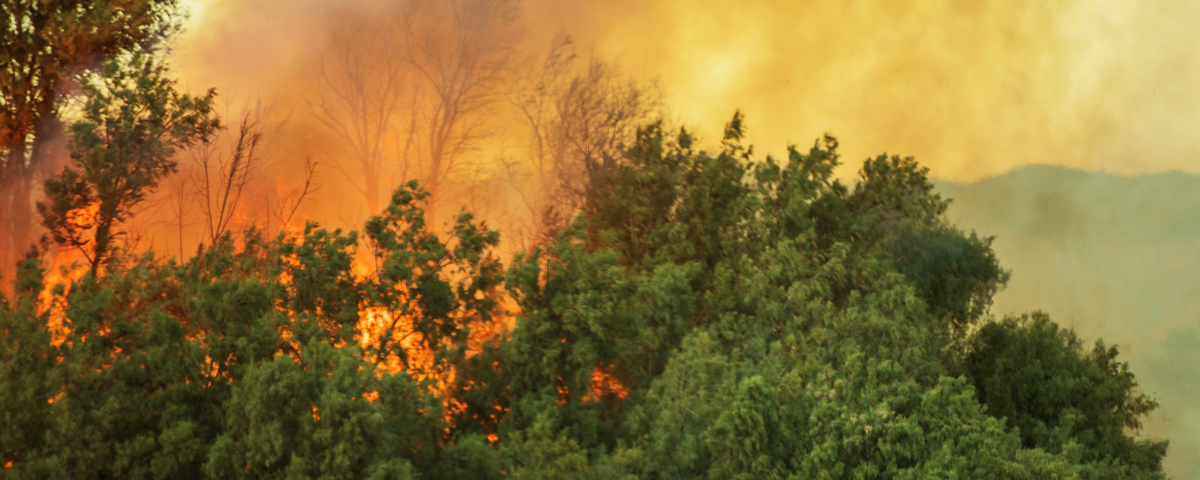By Gustavo Pinto
The day São Paulo became ‘night’ at 3P.M.: only after the biggest city in South America felt direct impacts from the Amazon fires with the smoke and ashes that travelled hundreds of kilometres and reached South Brazil, it became clear to the world it was an environmental emergency and we needed to act fast. It made the Global Climate Strike led by Gretha Thumberg and the UN Climate Summit stronger and raised awareness it is time to act.
After a month or so the Amazon fires hit the news worldwide I started paying close attention to how the travel and tourism industry would react. International organisations have made statements expressing their concern on the impacts for the environment and local communities. The Brazilian State Tourist Boards acted fast, showing information on where the fires were located and bringing information on how infrastructure was (or was not) impacted.
At the end of the thread – meaning local Amazon ecolodges and other ecotourism companies and organisations – there was a lot of concern on how it would impact the trips to the region and future sales. So a close work was done together with DMCs and international tour operators to make clear that at most of the Amazon touristic regions everything was clear and safe from direct impacts (‘direct’ because sooner or later not only locals, but the entire planet will feel the impacts of the fires on climate change, pollution and biodiversity reduction). Most buyers of Amazon touristic services have invested time on raising awareness on social media, showing the importance of the region for the humankind and the travel and tourism industry.
Talking to some of local companies I have heard buyers were supportive and there was not an impact on sales on the short run, and those travellers who had experiences booked for the Amazon did come and enjoy its attractions. It was not all positive though – I have heard myself an overseas tour operator, after clarifying the current situation, saying “who wants to travel to the Amazon now? We are not selling it for a while”.
Are posts on social media, articles on blogs and keeping the regular sales in the Amazon enough? What is our share of responsibility for change and the reduction of fires in the biggest forest on Earth?
The main reasons for the criminal fires in the Amazon are related to the agricultural industry, logging and extensive livestock. This takes more than 60% of the local economy – the travel and tourism is responsible for only 6%.
Tourism has always been claimed as a ‘clean industry’ – this discourse has fallen as ‘not really true’ a long time ago and the responsible tourism movement came as a reaction to that. But can it be cleaner and more sustainable than the traditional exploitation of natural resources? The answer is an unquestionable ‘yes’ – an alternative use of the forest, bringing revenues to locals who are the guardians of the Amazon.
So one first direct action the travel and tourism industry can take is to ‘occupy’ the Amazon – it needs more tourists than never before. This is how locals can substitute logging for trails, livestock raising for keeping the biodiversity safe as an attraction to travellers. And choosing those suppliers that have a responsible approach to communities and the nature may (someday, I hope!) change the image of fires and devastated forests by an example of how travelling can keep a forest alive.
* Gustavo Pinto
M.A. in Responsible Tourism – Manchester Metropolitan University, UK
Advisor in Responsible Tourism for WTM Latin America
Director of Inverted America Journeys
The opinions expressed in this text are the author’s opinion and do not necessarily reflect the position of WTM Latin America.


